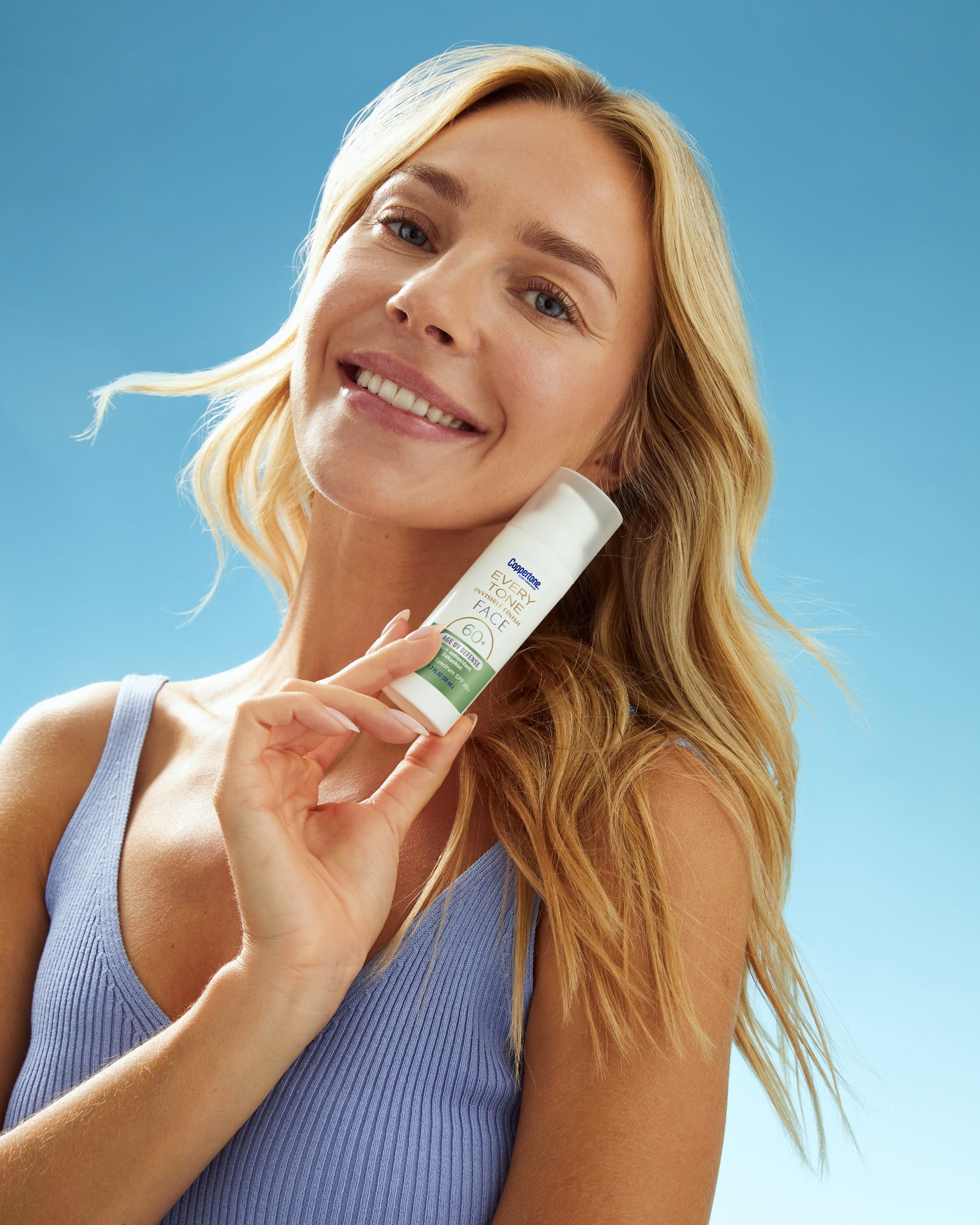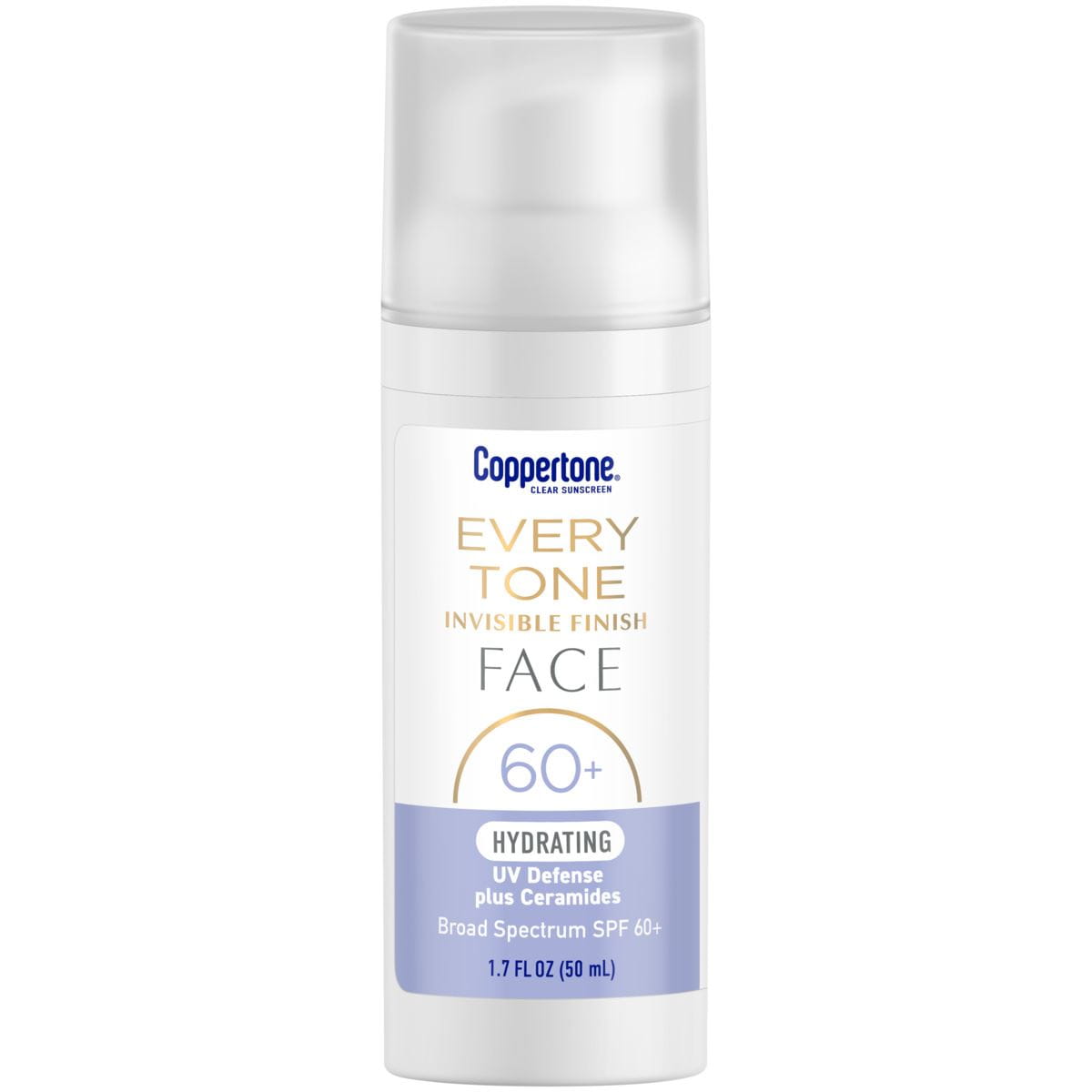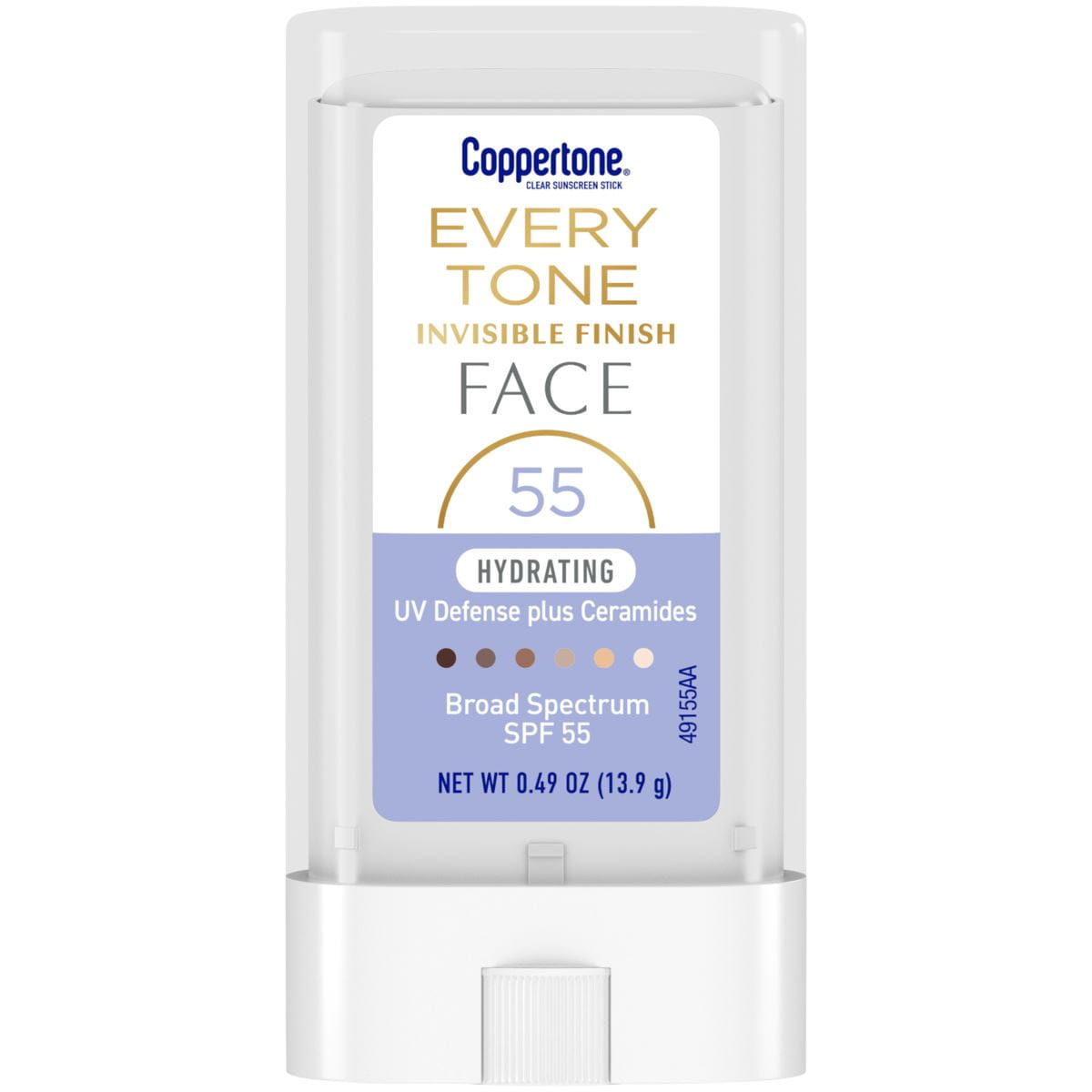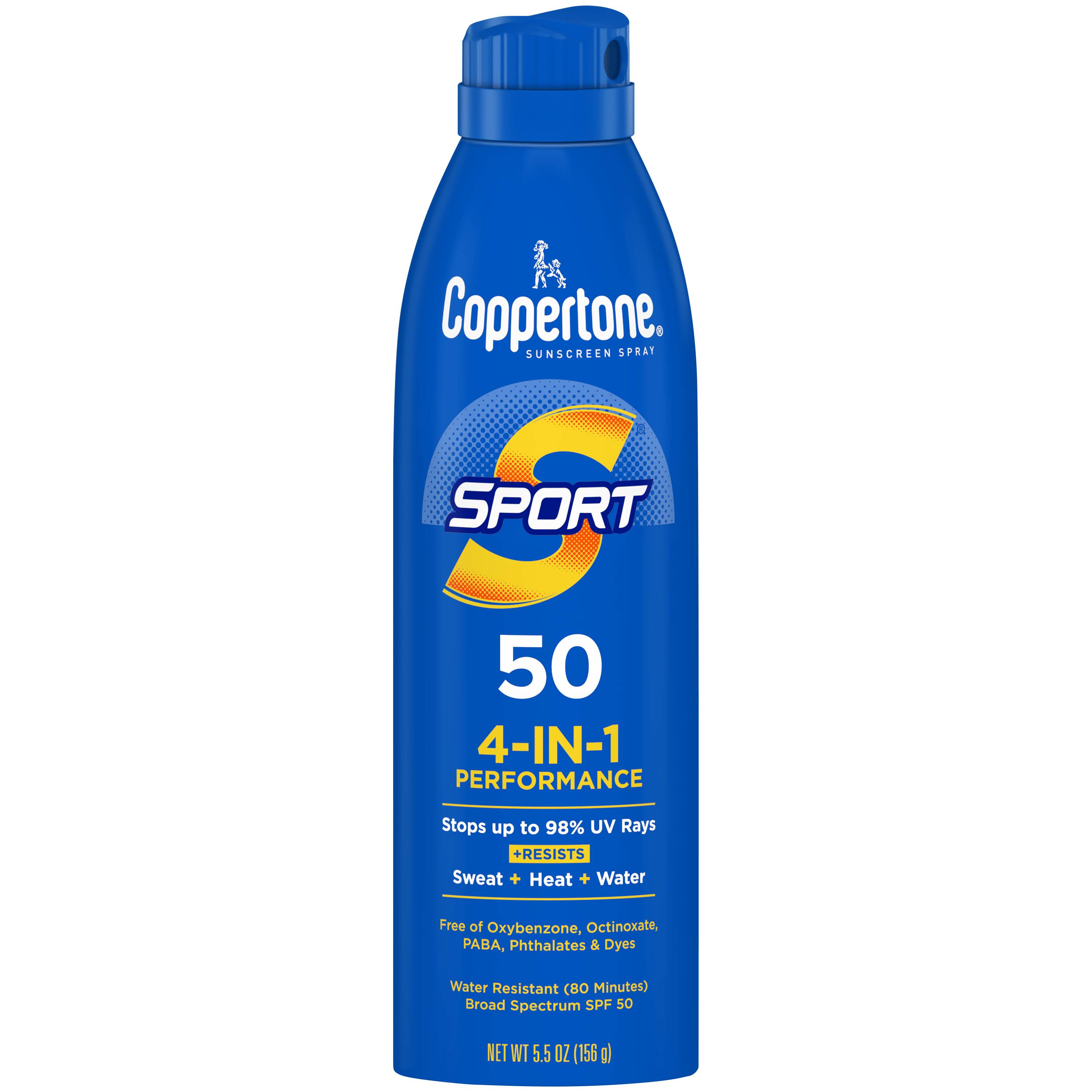SPF stands for sun protection factor and indicates how protected your skin will be from the sun’s harmful UVB rays. The higher the SPF number, the higher the percentage of UVB protection. The FDA recommends choosing a broad-spectrum sunscreen with an SPF of at least 152. Broad-spectrum sunscreens help protect from both UVA and UVB rays. Sunscreens with an SPF of 15 stop up to 93% of UVB rays3. SPF 30 stops up to 97% of UVB rays, and SPF 50 stops up to 98% of UVB rays.
While higher SPF numbers give you more protection from UVB rays, no SPF, no matter how high, is able to protect you from all UVB rays. If you have fair skin that burns easily, you may wish to choose a higher SPF, but ultimately, regardless of your skin type or tone, the more protected you are from the sun, the better.

















